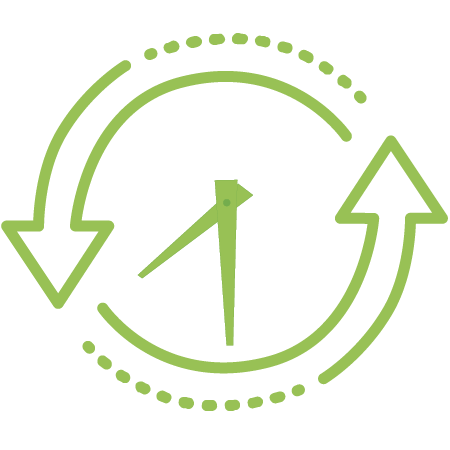Online Family Nurse Practitioner Program
Master of Science in Nursing (MSN)
The demand for nurses to deliver comprehensive advanced nursing care is growing rapidly. Take on more responsibility as a healthcare provider and advance your career in nursing by becoming a nurse practitioner. As a Family Nurse Practitioner (FNP), you will further develop the knowledge and skills necessary to deliver nursing care to patients of all ages across primary care settings, making a positive impact on the health of your patients and the health of your communities. We know there are many online nurse practitioner programs for you to choose from – learn more about how an online FNP degree from Husson can help you obtain your master's in nursing education.
Prepare for a career as Family Nurse Practitioner (FNP)
- 95% passage rate on national certification exams
- Become eligible to sit for either the American Nurses Credentialing Center (ANCC) or the American Association of Nurse Practitioners (AANP) Family Nurse Practitioner Certification Exam
- Free 24/7 tutoring and mental health support
- One-on-one advising and career services during your time at Husson and after!
- Multiple start dates throughout the year; stop out for a term for flexibility
- Pursue multiple badges and certificates along the way

 Husson University’s MSN – Online Family Nurse Practitioner program will prepare you with the skills and knowledge you need to deliver expert and compassionate care to individuals and families in a primary care setting. You’ll learn from experienced, practicing faculty, following a curriculum designed to ensure that you can work successfully with patients across the lifespan and with traditional, nontraditional and culturally diverse families. Our graduate nursing students have achieved a 95% passage rate on national certification exams, demonstrating the delivery of exceptional education in our online family nurse practitioner programs.
Husson University’s MSN – Online Family Nurse Practitioner program will prepare you with the skills and knowledge you need to deliver expert and compassionate care to individuals and families in a primary care setting. You’ll learn from experienced, practicing faculty, following a curriculum designed to ensure that you can work successfully with patients across the lifespan and with traditional, nontraditional and culturally diverse families. Our graduate nursing students have achieved a 95% passage rate on national certification exams, demonstrating the delivery of exceptional education in our online family nurse practitioner programs.



 Graduate Admissions
Graduate Admissions